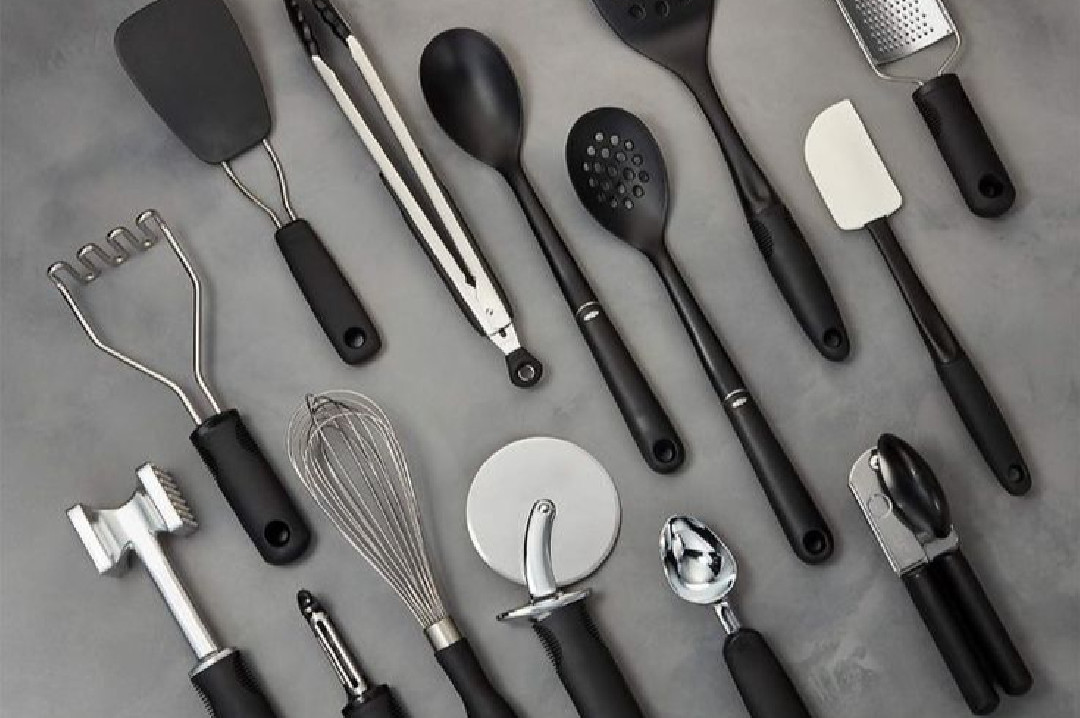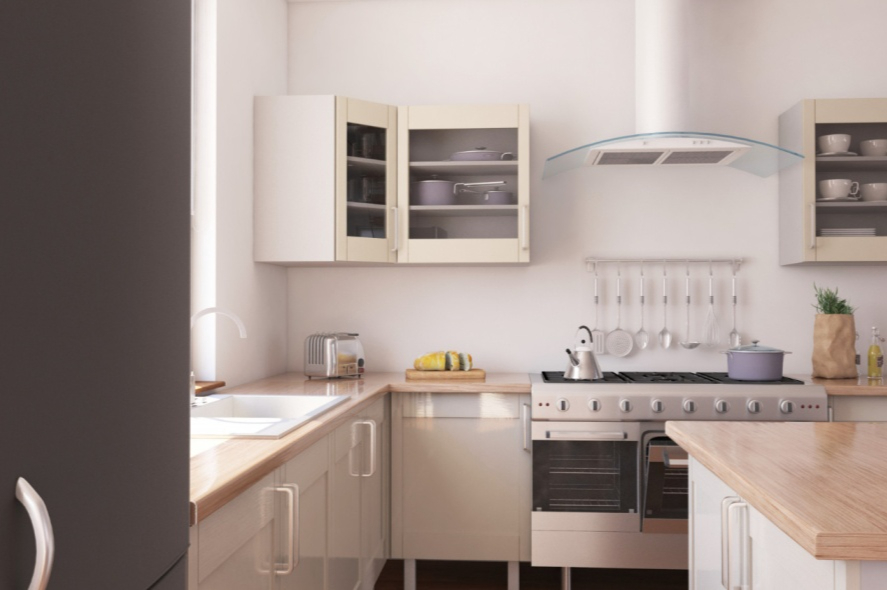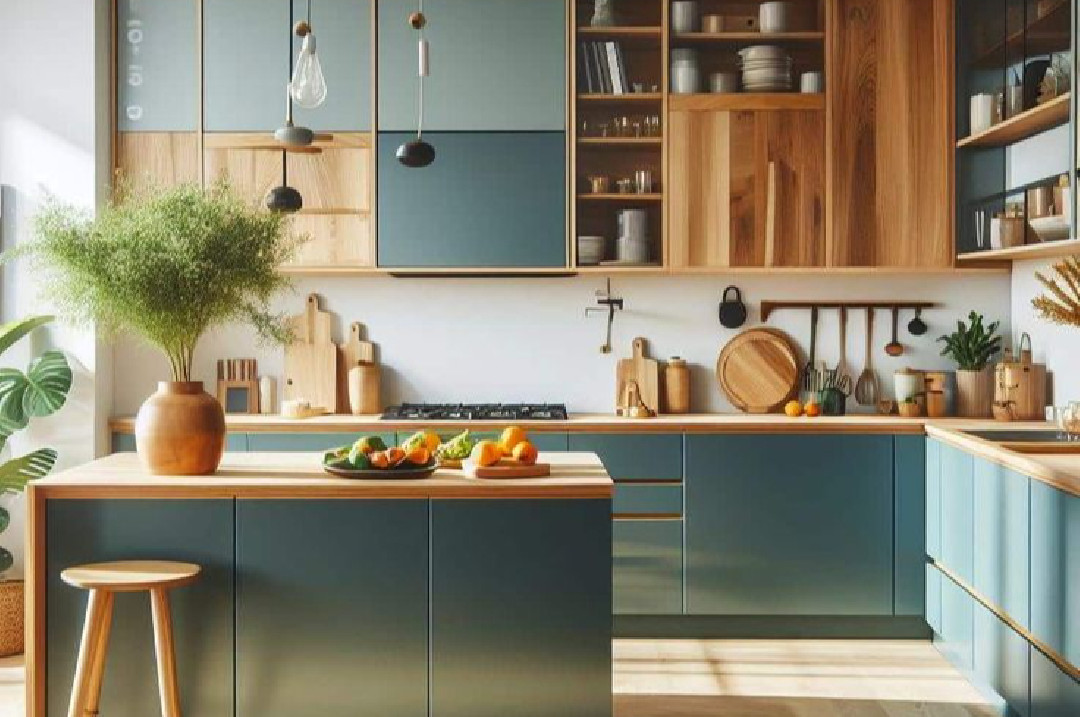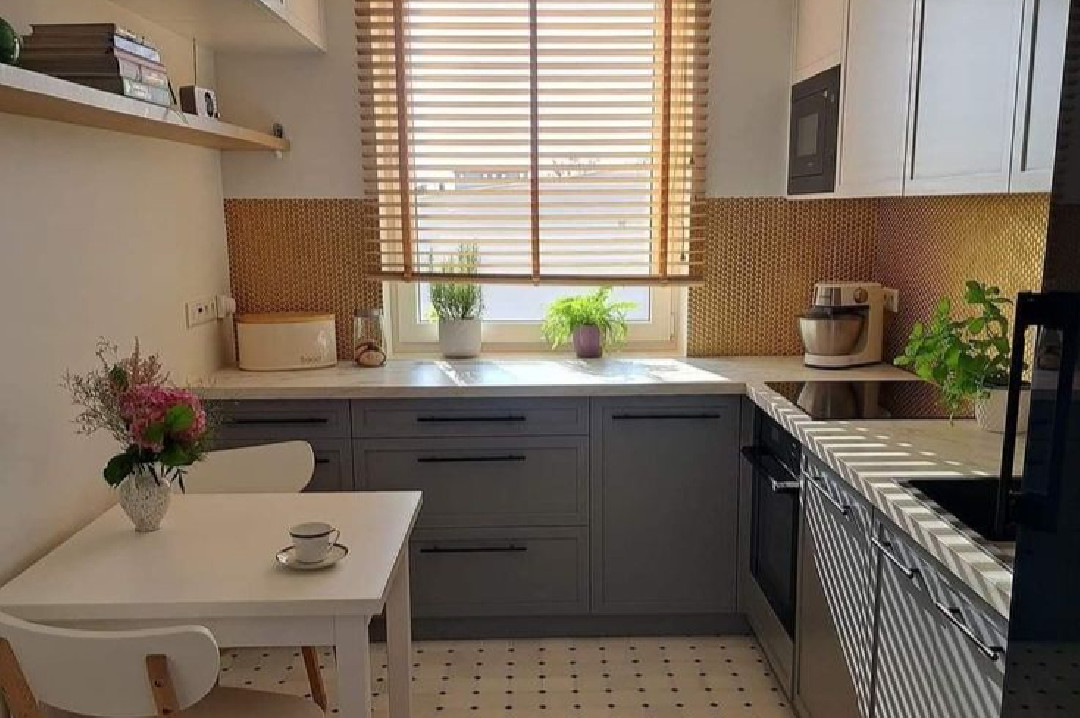How to care for kitchen equipment so that it lasts long and remains hygienic

The kitchen is a place that is synonymous with cooking utensils/kitchen equipment so that clean and well-maintained kitchen equipment can not only help us cook more comfortably but can also ensure the health of family members. Various equipment in the kitchen, such as pots, pans, knives and even blenders, require special care so that they remain durable and function optimally. Here are some tips that you can do to care for your kitchen equipment so that it remains in the best condition and lasts a long time.
1. Pots and Pans

Pots and pans that are frequently used for cooking are usually susceptible to scratches or stubborn stains. To take care of him:
- Wash After Each Use: Wash pots and pans with warm water and soap after use. Don't let food residue stick to pots and pans for too long because it can be difficult to clean and can damage the surface of the pots and pans.
- Avoid Rough Scrubbing Tools: Use a soft sponge or cloth to avoid scratching, especially on non-stick pans.
- Use Oil or Fat Appropriately: For pans that use iron or carbon steel, apply oil occasionally to keep the surface protected and not easily rusted..
- Use a Mild Soap for Non-Stick Pans: Non-stick materials can be damaged by harsh soaps, so use a gentle cleanser and rinse with warm water. Some brands of soap that you can use include Sunlight Naturals and Mama Lemon Natural.
2. Kitchen knife

Sharp and clean knives can make cooking work in the kitchen easier. However, if the knife is not cared for, it can become dull and rusty.
- Avoid Using a Dishwasher: It is better if the knife is washed by hand as strong detergents and heat from the dishwasher can damage the blade.
- Sharpen Knives Regularly: You can use a whetstone or sharpening tool to keep your knives sharp. A dull knife is usually more dangerous because it tends to slip when cutting.
- Store Correctly: The correct place to store knives is to use a wooden block or magnetic strip to maintain their sharpness and prevent accidents.
3. Blender and Food Processor

Blenders are usually used more often to make juices, smoothies, and even seasonings. Caring for your blender and food processor properly will make these tools last longer.
- Wash Immediately After Use: When finished using the blender, separate components such as blades and container, then wash with water and soap. This can be useful for preventing stubborn stains from remaining material.
- Check the Knife Parts: If the blade part has started to become dull or even damaged, you can consider replacing it so that it can still be used.
- Avoid Materials that are Too Hard: A blender is indeed a tool for smoothing, but to ensure that this blender lasts longer, don't process ingredients that are too hard to avoid damage to the blades and motor of the machine..
4. Glassware

Glass utensils used in the kitchen, such as plates, bowls and glasses made from glass, need special handling so they don't crack or break easily.
- Wash with Warm Water: After you have finished using glassware, do not immediately wash glassware that has just been used hot with cold water, because this can cause the glass to crack..
- Use Special Shelves: Store glass equipment on safe shelves and don't stack them too much to avoid the possibility of them breaking due to too much stacking.
5. Wooden Equipment

Wooden kitchen utensils, such as spatulas and cutting boards, require extra care because wood easily absorbs water and odors.
- Avoid Soaking in Water: Wood will deteriorate very quickly if soaked for too long. Just wash it with soapy water and dry it immediately with a cloth.
- Use Wood Oil: Occasionally you can try applying wood oil (such as mineral oil) to keep the surface smooth and waterproof..
- Use Vinegar or Lemon to Clean a Cutting Board: If you use a wooden cutting board to cut chicken and it usually leaves a smell, to get rid of the smell, rub the cutting board with vinegar or lemon, then rinse until clean.
6. Other Metal Equipment

Spoons, forks, and grilling utensils are often made of metal that can rust if not cared for properly.
- Dry After Washing: After washing the tools, dry them immediately, this is useful so that metal tools do not rust easily.
- Use a special cleaner for stubborn stains: If there are stubborn stains, you can use a metal cleaner that is safe for kitchen use.
- Store in a Dry Place: Store metal equipment in a dry place to avoid corrosion.
7. Oven and Stove

Ovens and stoves also require careful maintenance because they are often used to cook a variety of dishes.
- Clean Regularly: Every time you finish using the stove and oven, clean the stove and the inside of the oven with a damp cloth to prevent stubborn stains from sticking to the oven and stove that you have, usually in the form of oil on the stove..
- Use Baking Soda for Stubborn Stains: If there are food residues that are difficult to clean, you can sprinkle baking soda over the stain and leave it for a while before scrubbing it..
- Check the Channels and Filters on the Oven: If using an electric or gas oven, make sure the channels and filters are free from dirt to maintain the oven's performance.
8. Pressure Cooker

Maybe not many people use a pressure cooker, usually this pressure cooker is useful to make it easier for us to cook hard food in a short time, but to ensure the durability of this pan it needs special care..
- Check Valves and Gaskets: What you have to do is check that the valves and gaskets (rubber covers) are in good condition. Clean this part after each use.
- Don't Fill Too Full: When using this pan, don't fill the pan too full, because it can interfere with the valve's performance and cause problems.
- Clean Gently: Use a soft sponge to clean the pressure cooker to avoid damaging the surface.
9. Air Fryer

Air Fryers are modern cooking tools that are very popular everywhere, but they also need proper care so they don't break down quickly.
- Clean Oil and Food Remains: After each use, clean the inside and outside with a damp cloth. Oil and food residue can build up and interfere with the tool's performance.
- Use Hot Water and Soap for Stubborn Stains: If there are stubborn stains, soak the removable part in hot water and soap, then rub gently, usually this is the part that is useful for placing cooking ingredients.
10. Plastic Equipment

Plastic containers or plastic spoons are also often used to store and serve food, but they also need to be cared for so they don't get damaged quickly.
- Avoid Direct Heat Exposure: Do not put plastic containers in the microwave unless the plastic container can be used for microwave use. High heat can melt plastic.
- Dry in the Shade: After washing, dry in the shade to avoid discoloration.
Conclusion
Taking good care of kitchen equipment not only serves to keep the equipment durable, but also functions to ensure the kitchen remains hygienic and supports a safe cooking process. With proper care, you can enjoy kitchen equipment in good condition for a long time. Remember to always wash, dry and store equipment in the correct way so that the quality of the equipment you own is maintained and can last a long time.








